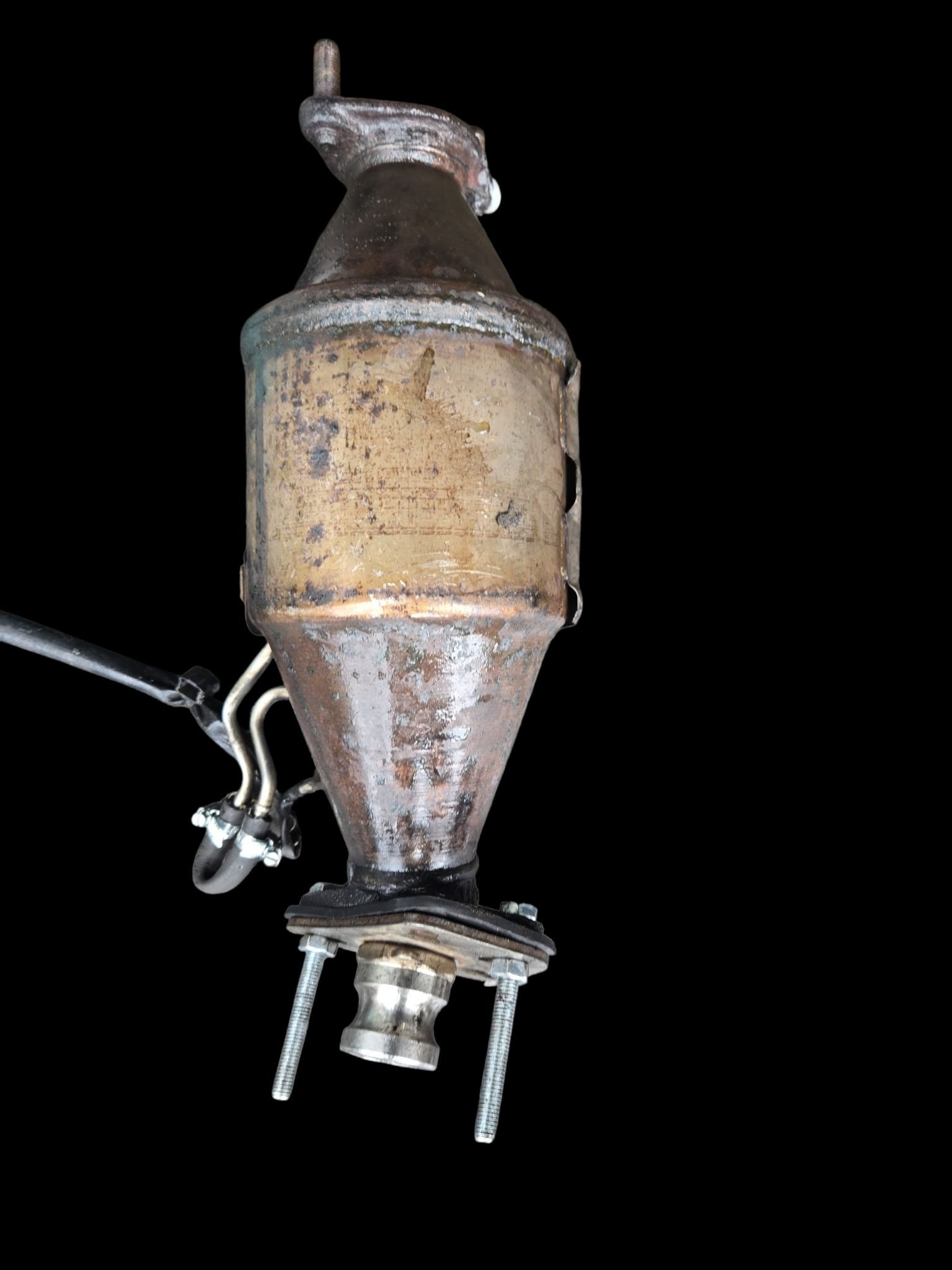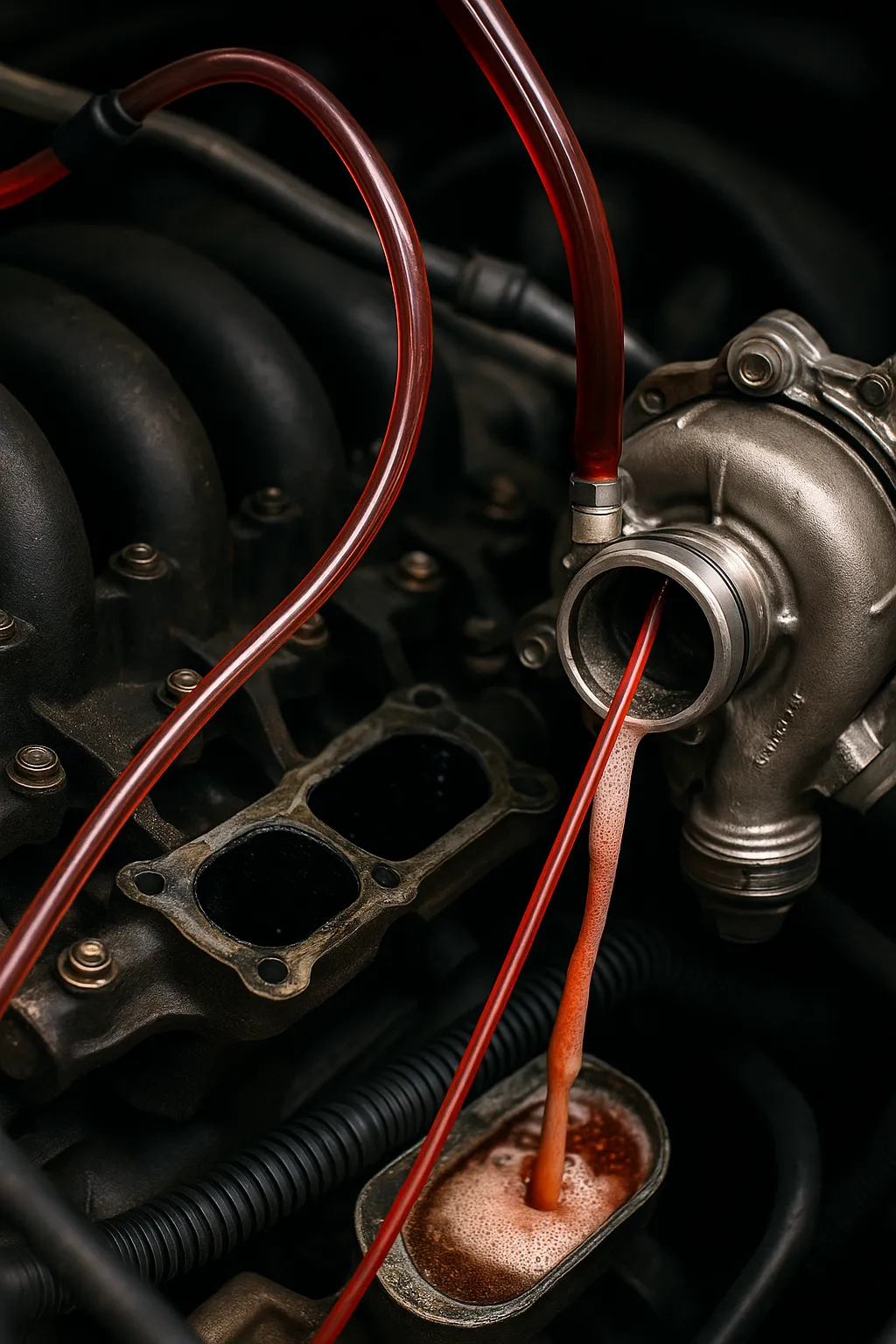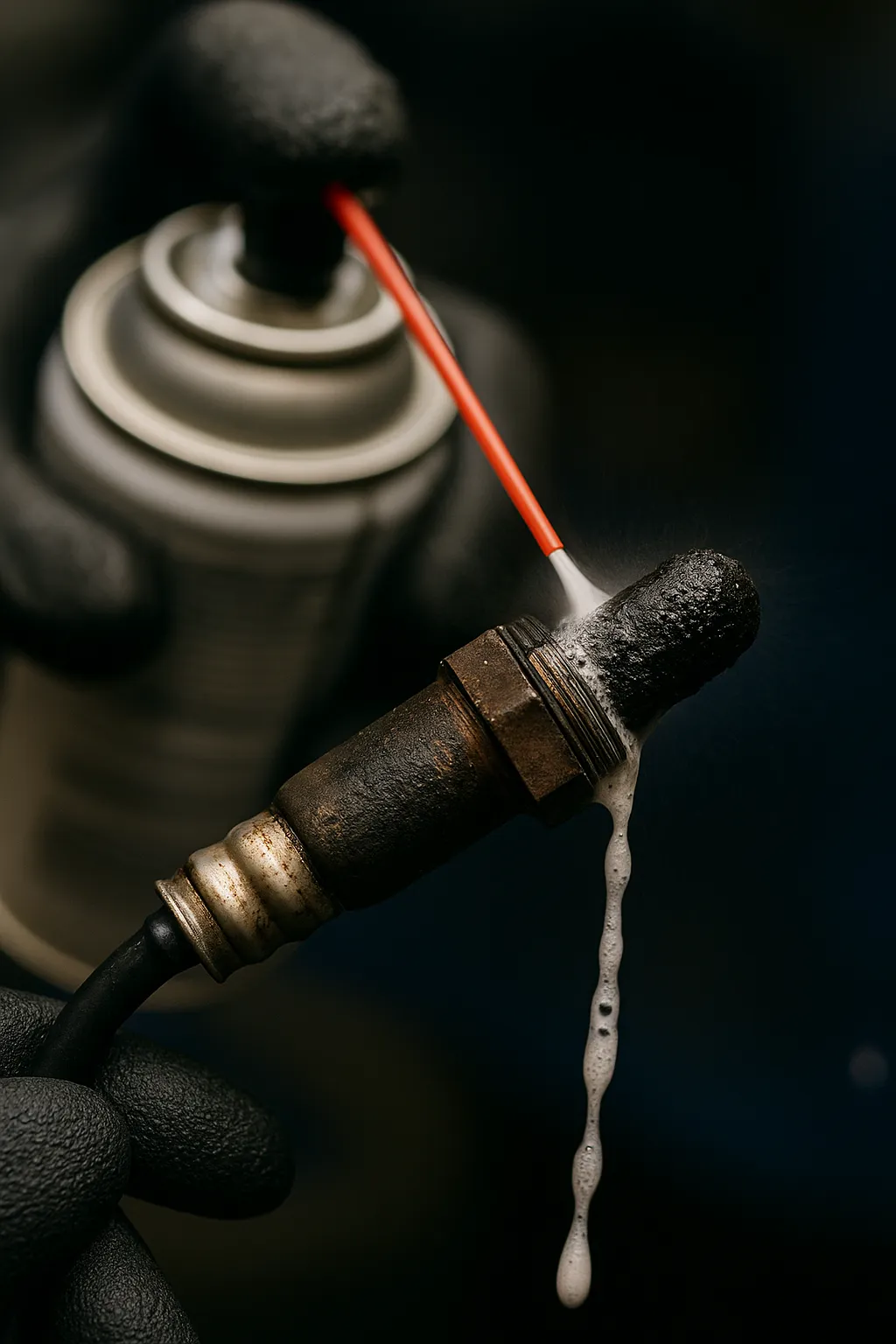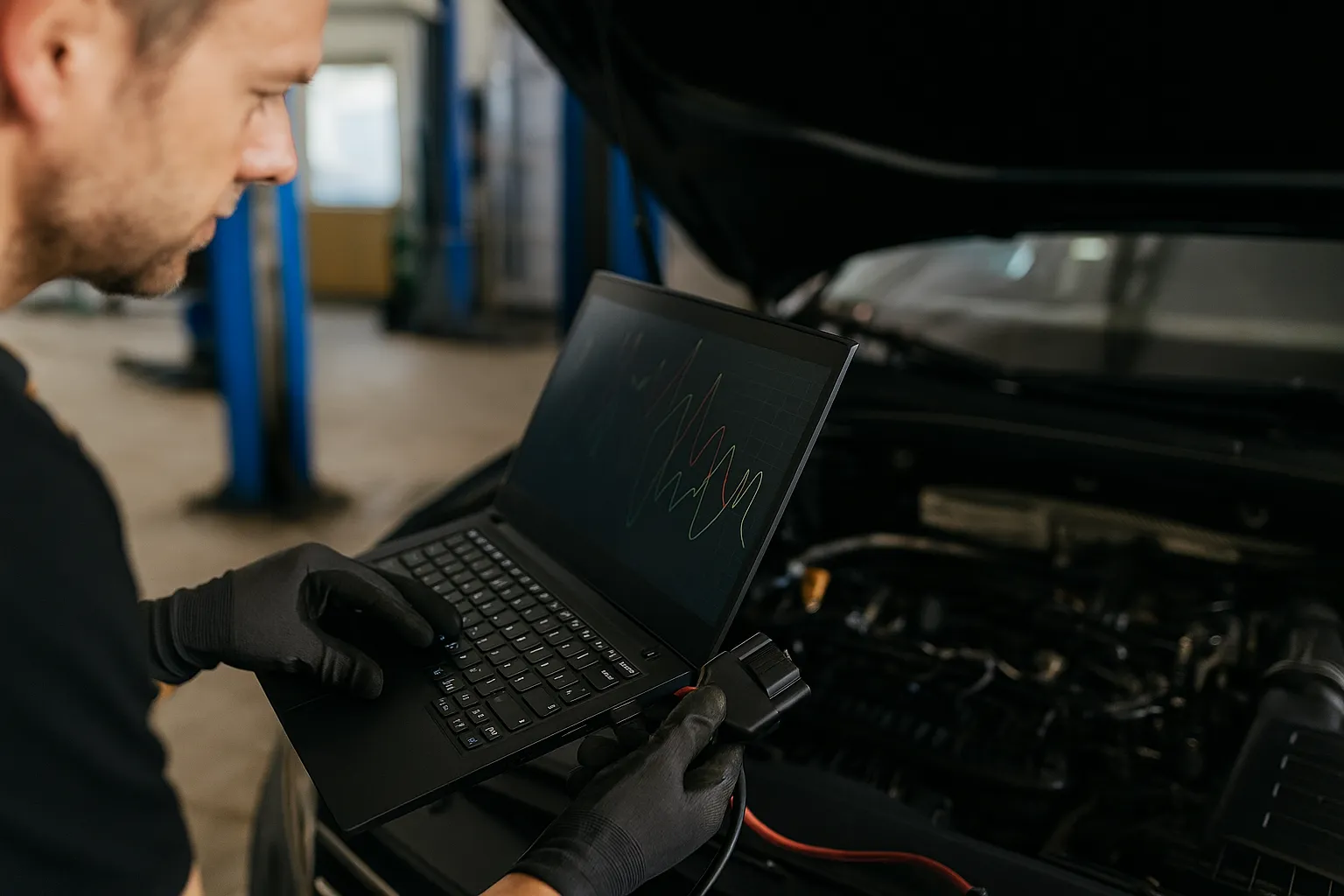Modern diesel engines rely on a Diesel Particulate Filter (DPF) to trap harmful soot. But once that filter blocks up, your car can lose power, go into limp mode, or even refuse to start. Knowing the early signs of a blocked DPF can save you a breakdown and a costly replacement. Here’s what to look out for and how we can help at our Stoke-on-Trent garage.
1. DPF Warning Light on Your Dashboard
The most obvious sign is a DPF warning light. Depending on your vehicle, this may appear as a small filter icon, or it may show as an “engine management” light with a code pointing to the exhaust system. If ignored, the car may start a countdown to limp mode or even refuse to restart once blocked past a safe level.
2. Loss of Power or Limp Mode
When the DPF is heavily blocked, the engine struggles to breathe. Back-pressure builds up, making the turbo work harder and causing poor acceleration. Many vehicles respond by dropping into limp mode — a reduced power setting designed to protect the engine. If your car suddenly feels sluggish and won’t rev freely, the DPF may be at fault.
3. Increased Fuel Consumption
A clogged DPF makes the engine less efficient. You may notice you’re filling up more often, even though your driving hasn’t changed. The ECU may also attempt multiple regeneration cycles, injecting extra fuel to try and burn soot off. This extra fuel use is often the first sign drivers notice before the warning light appears.
4. Frequent Regenerations
DPFs are designed to clean themselves through regeneration, where exhaust gases get hot enough to burn off soot. If your car is attempting regens too often, or if they fail because of short trips around town, soot levels keep climbing. The result: a blocked filter that needs professional cleaning.
5. Strong Exhaust Smell or Smoke
A blocked filter can sometimes cause unusual smells or visible smoke. This is usually unburnt fuel or excess soot that hasn’t been captured properly. If you notice a strong diesel smell at idle or black smoke under acceleration, the DPF may be struggling to do its job.
6. Poor Idle or Starting Problems
Excessive back-pressure affects more than just power. It can make the engine idle roughly, stall in traffic, or become hard to start. In some cases, the ECU limits starting altogether until the fault is fixed. A professional clean restores flow and helps return smooth running.
Why Ignoring the Signs Costs More
A blocked DPF puts extra strain on your turbo, injectors, and EGR system. Leave it long enough and you risk damaging these expensive components. Replacing a filter can cost £1,000+, whereas a proper clean at our Hanley garage is just £200 on-car, or off-car refurbishment with full test results. Acting early saves money and keeps your diesel running as it should.
How We Clean DPFs
We offer three options:
- On-Car Cleaning – £200 while you wait at our Stoke-on-Trent garage.
- Off-Car Refurbishment – full flush and flow test, ideal for very blocked filters.
- Postal DPF Cleaning – send your filter to us, we’ll clean, test, and return it within 2–3 days.
All jobs include before-and-after flow reports so you know the filter is properly clear.
FAQs: Signs Your DPF Needs Cleaning
Can I just clear the warning light myself?
No. Resetting the light without fixing the problem only hides the issue. The soot remains and the fault will return quickly.
How often should a DPF be cleaned?
There’s no fixed interval. It depends on your driving. Cars that do short journeys may need cleaning every 40–60k miles. Long motorway runs keep filters healthier for longer.
Will a DPF clean fix limp mode?
If limp mode is caused by high soot load, yes. Once cleaned and flow tested, the car usually comes out of limp mode after a reset. If other faults exist (EGR, sensors, injectors), they must be fixed too.
Can I prevent DPF blockages?
Regular longer runs at motorway speeds help filters regenerate naturally. We also recommend preventative carbon cleaning for turbo, intake, and EGR systems.
How long does a DPF clean take?
On-car cleaning takes about 2 hours at our garage. Postal cleans are usually turned around in 2–3 working days.





0 Comments